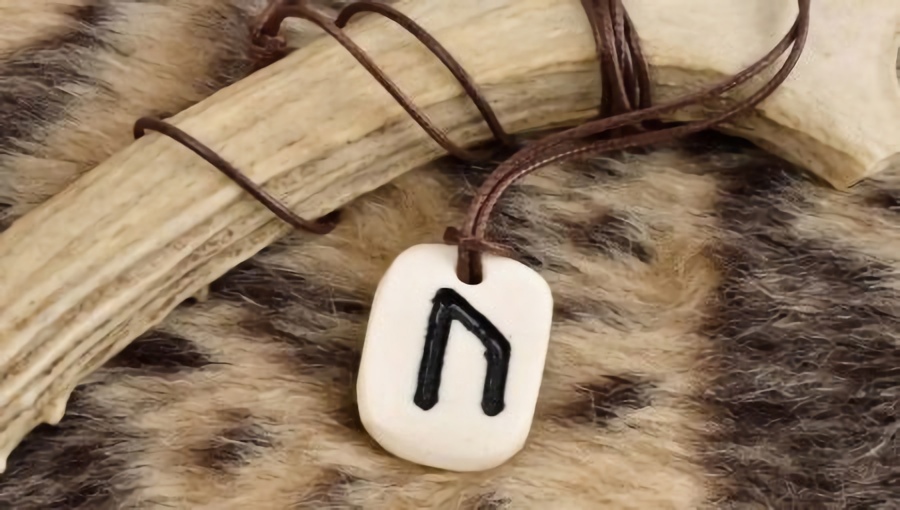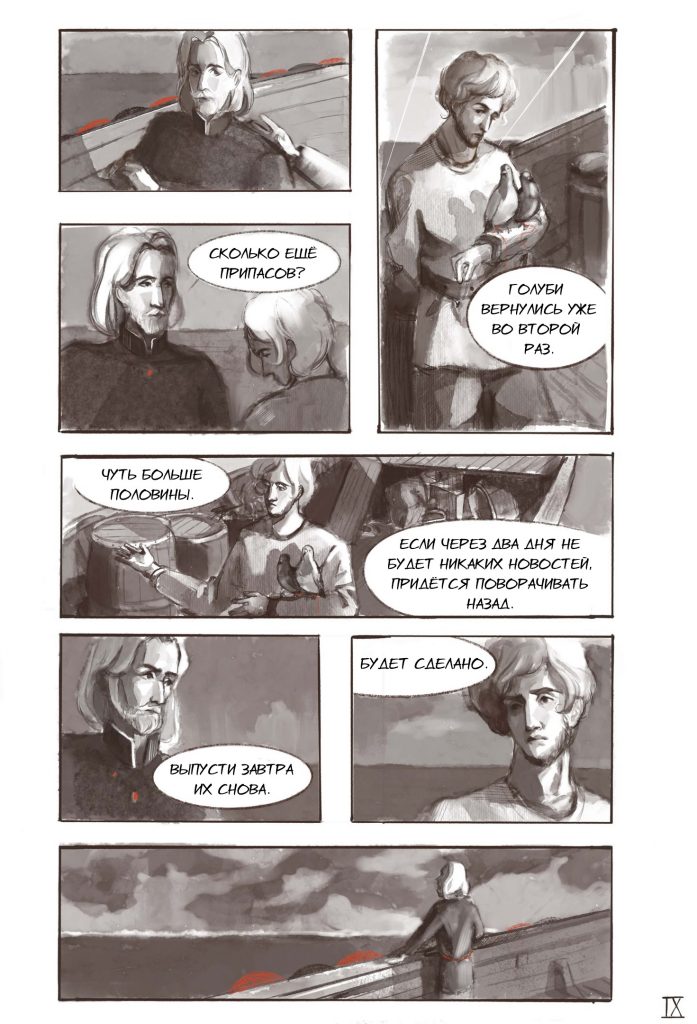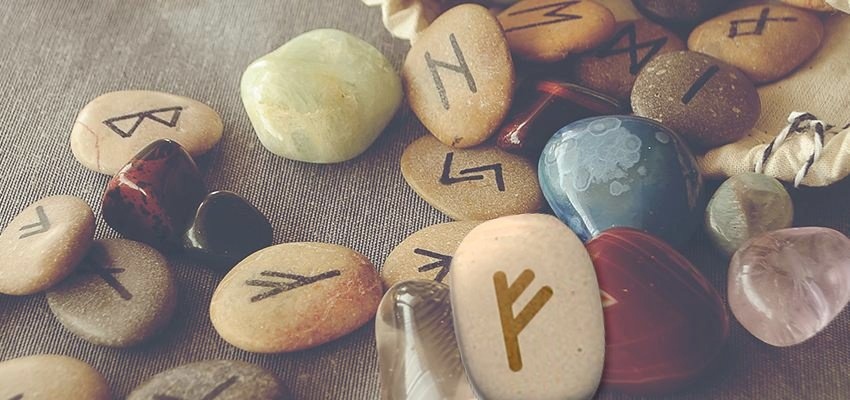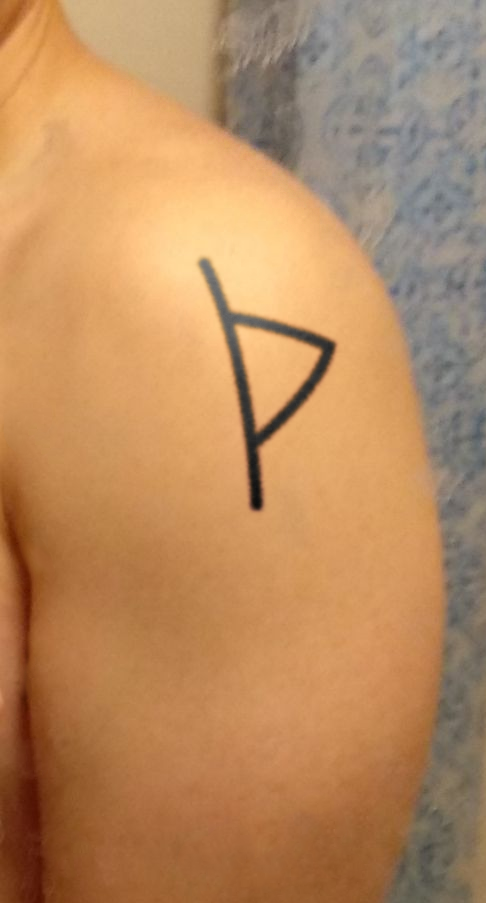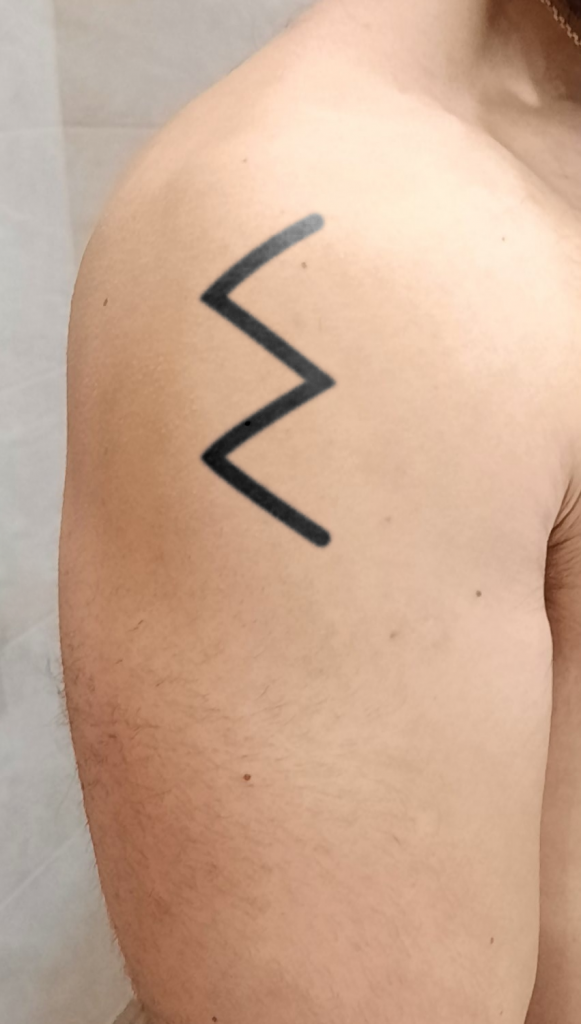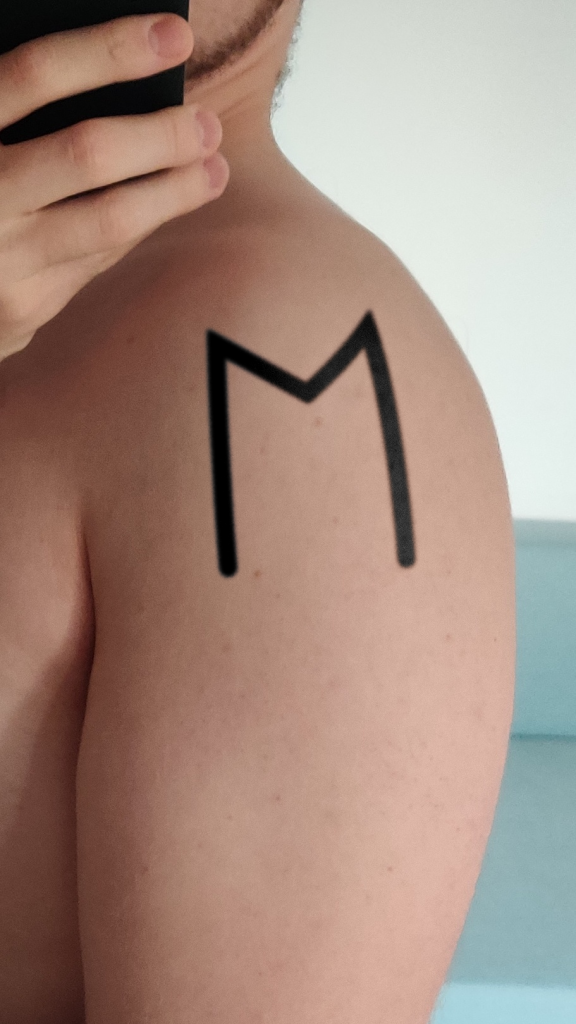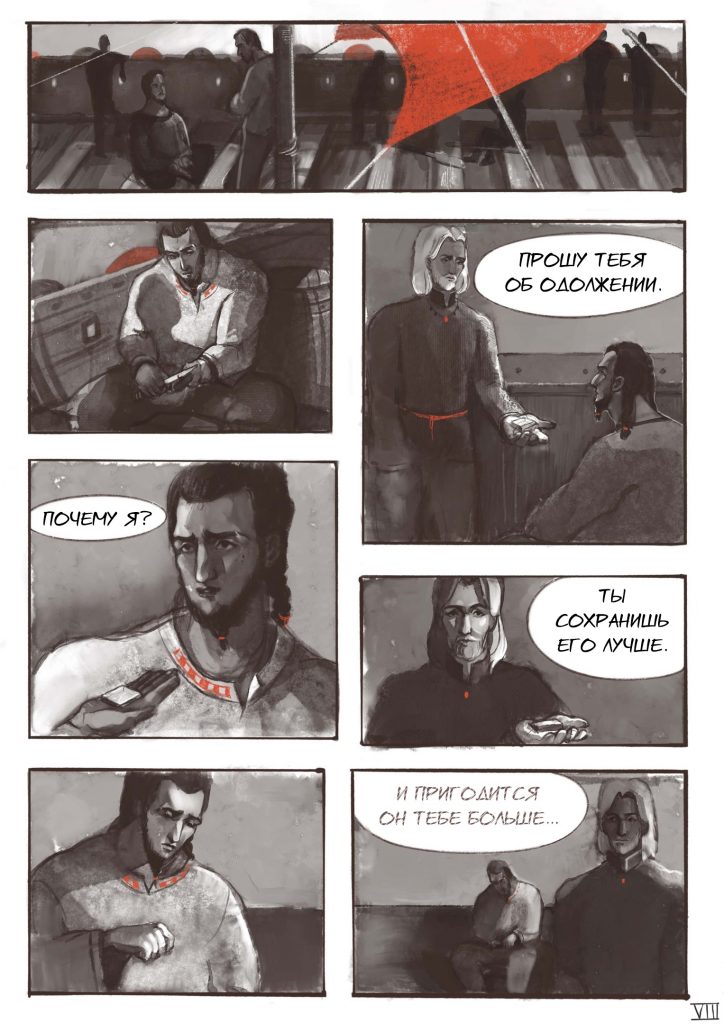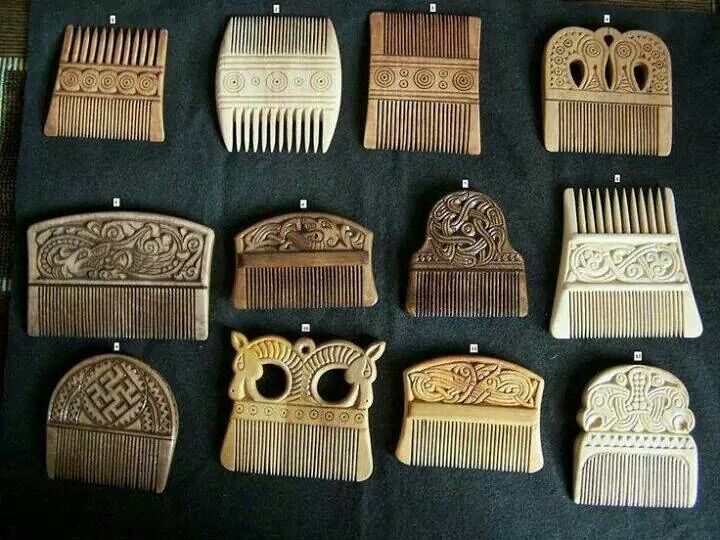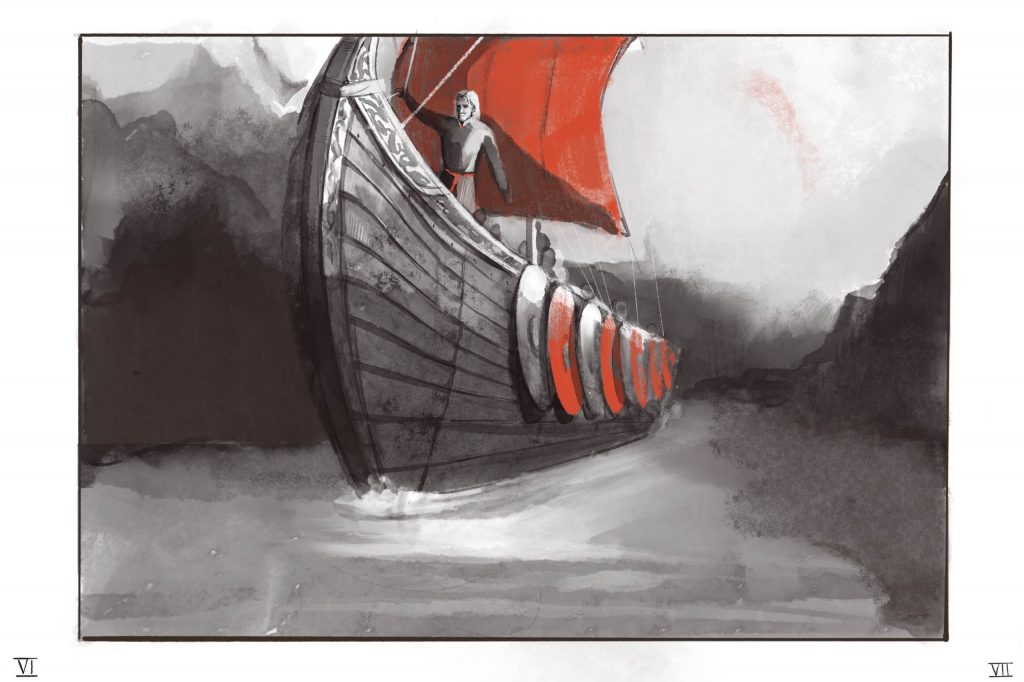It's time to talk about how the ancient avalanches let their eyes down. Yes, yes, all without exception - both men and women.
In fact, as always, I'm exaggerating a little. The author of these historical notes writes that the custom of eyeliner in his region appeared quite recently, but has already begun to gain mass popularity. Personally, I was bribed in his presentation by the fact that he speaks of this new fashion in a completely neutral way, and does not grumble at “stupid and dissolute youth”, as many quite eminent historians of antiquity do.
The ink, he writes, came to the Lavinava peninsula from somewhere in the south and has already managed to get a bunch of different names in different regions. The document states the following: liters "dye", augalitr "eye paint" farii - another "paint" snyrtifarii "decoration paint" smyrsl "Ointment", ... A lot of them, in short.
Then he writes something interesting, but quite logical: precisely For decoration Mascara was mostly used by dark-haired people, because it often looked strange on fair-haired people. But this was not its only use - it was also used in long military campaigns and in general in battle. For two purposes: to intimidate the enemy, and also so that the sun does not hurt the eyes so much.
From the totality of these facts, we can conclude that men in general failed their eyes even more often than women. So it goes. And, yes: he does not write anything about its composition, but most likely it was something like antimony of that time.


